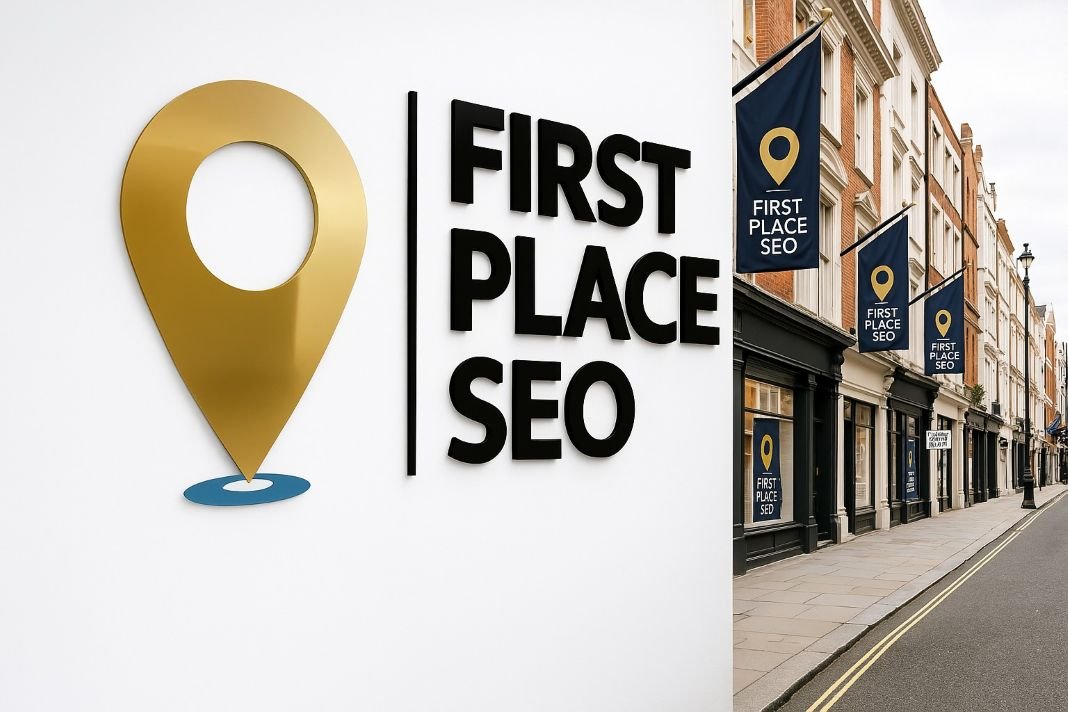How can your business rank higher on Google Maps in 2024?
Short answer? Show up where your customers actually are, keep your Google Business Profile in proper shape, and give Google reasons to believe you’re relevant to the people looking. That means real-world activity reflected online. Clicks. Calls. Reviews. Local traffic. Not just stuffing in keywords or hoping the algorithm takes a liking to you.
We’ve spent years helping businesses across the UK sort out their local visibility. Most of what actually works? Not complicated. But it has to be consistent, and grounded in real signals and not gimmicks.
Here's What We Have Covered In This Article
So, what moves the needle in Google Maps rankings?
Age of your listing
Look, an older listing is like a regular at the pub. Google knows it, trusts it. It’s seen some things. Time gives your profile a track record: searches, clicks, reviews. And that quiet history does more than you think.
People actually doing stuff on your profile
If nobody clicks your number, visits your site, or leaves a review, Google’s going to assume nobody cares. And if nobody cares, why would it show you to more people? Activity breeds visibility.
How close are you to the person searching?
Still a major player. If someone is around the corner, you’ve got the advantage. But you can stretch this boundary—if you build up enough trust and activity in those nearby areas. That part takes a bit of doing.
The guts of a well-tuned Google Business Profile (GBP)
Category: don’t guess
Your main category tells Google who you are. So if you’re a heating engineer, say that. Don’t pick “contractor” just because it sounds broad. Too vague and you’ll float around with businesses that have nothing to do with you.
Fill out your services and products
Use language your customers would use. Think like a person trying to solve a problem at 6PM on a cold Tuesday. “Emergency boiler repair in Manchester” is better than just “heating services.” Be specific.
Q&A: Use it properly
Add questions you actually get. Answer them in your own words. Don’t turn it into a mini FAQ textbook—just be helpful. “Do you cover evenings?” or “How fast can you get to Chelsea?” These are things people genuinely want to know.
Posts: They’re not magic, but they help
Regular posts keep your listing from going stale. Think of it like waving to the algorithm occasionally. Share short updates, useful tips, a photo from a recent job. Nothing fancy, but do it often.
Reviews: Yes, they still matter
Reviews that mention what you did, where you did it, and maybe even who did it? Gold. “Prompt leak repair in London by Alex” is way more powerful than “Great job!” Get real ones. Ask nicely. Respond when they come in.
Local SEO on a working budget (£800 to £1000/month)
Start with the messy stuff
Audit your GBP and your site. Is the address the same in every corner of the web? Got schema markup on your contact page? Map embedded correctly? All that fiddly stuff matters more than you’d expect.
Ask for reviews—cleverly
Don’t spam your clients. Just ask at the right time. Maybe after the invoice, or when you know they’re happy. Keep it simple, and include the link straight to your profile. No one wants to hunt for the review button.
Local content still wins
Yes, Google reads your blog. So write about local jobs, neighbourhood quirks, seasonal stuff. Mention real places. “We had a call-out in London this week for a frozen pipe.” Not only helps with rankings, it sounds more human.
Get listed in proper UK directories
Yell. 192. FreeIndex. Local Chamber sites. Still work. Not because they’re glamorous, but because they show Google you’re a legit business. Keep your info consistent, especially your phone number and business hours.
Why do citations and backlinks still carry weight?
Citations help Google connect the dots
Think of them as little digital name tags scattered across the web. Every time your business appears with the same info, it reinforces to Google that you’re who you say you are. Trust comes from repetition.
Real backlinks tell a better story
A mention in the local news, a link from a suppliers list, a blog that recommends your service—these carry context. They’re not just “juice,” they’re proof you exist in your industry and area.
Check where your competitors get links
If the top three plumbers in Sheffield are all listed on a property forum or have profiles on Checkatrade, you might want to be there too. You’re not trying to be original here. Match the signal.
Engaging activity—what actually matters?
Branded searches
Get people searching your name. That’s a strong sign they know you. Run small campaigns to encourage it—email, socials, word of mouth. Once they find you, Google takes note of what they do next.
Clicks from real places
You want visitors from your actual service areas. Not bots. Not random traffic. If people in Burnley keep clicking your GBP listing and calling, Google connects that behaviour to your relevance there.
Spread your presence
If you’ve got blog posts, YouTube videos, or even just guest articles on community websites, make sure those lead back to your site or profile. The more doors people can walk through, the better.
Want To Rank Higher On Google Maps?
We’ve worked with enough local businesses to know this stuff isn’t about perfection. It’s about showing up, being accurate, and being active. You keep your info right, engage with your audience, and keep nudging Google in the right direction. Bit by bit, it works.
You don’t need tricks. Just a bit of grit and good habits. That’s what actually moves the needle.
FAQs
What makes the biggest difference to ranking in the map pack?
Longstanding listings with real engagement. Think age, accuracy, and activity. All the usual suspects.
Are regular Google posts worth it?
Yes, but not because they directly boost rankings. They give people a reason to click and show that you’re active. That can lead to more visibility.
How do I get better reviews?
Ask when the customer is happiest. Keep it personal. Make it easy. And respond when they do leave one.
Should I still bother with online directories?
Absolutely. Especially ones your local audience actually uses. It’s not glamorous, but it works.
How can I tell if what I’m doing is working?
More calls. More clicks. Better positions in the grid. You’ll feel it. So will your staff. Then check your tools to confirm what you already know.






